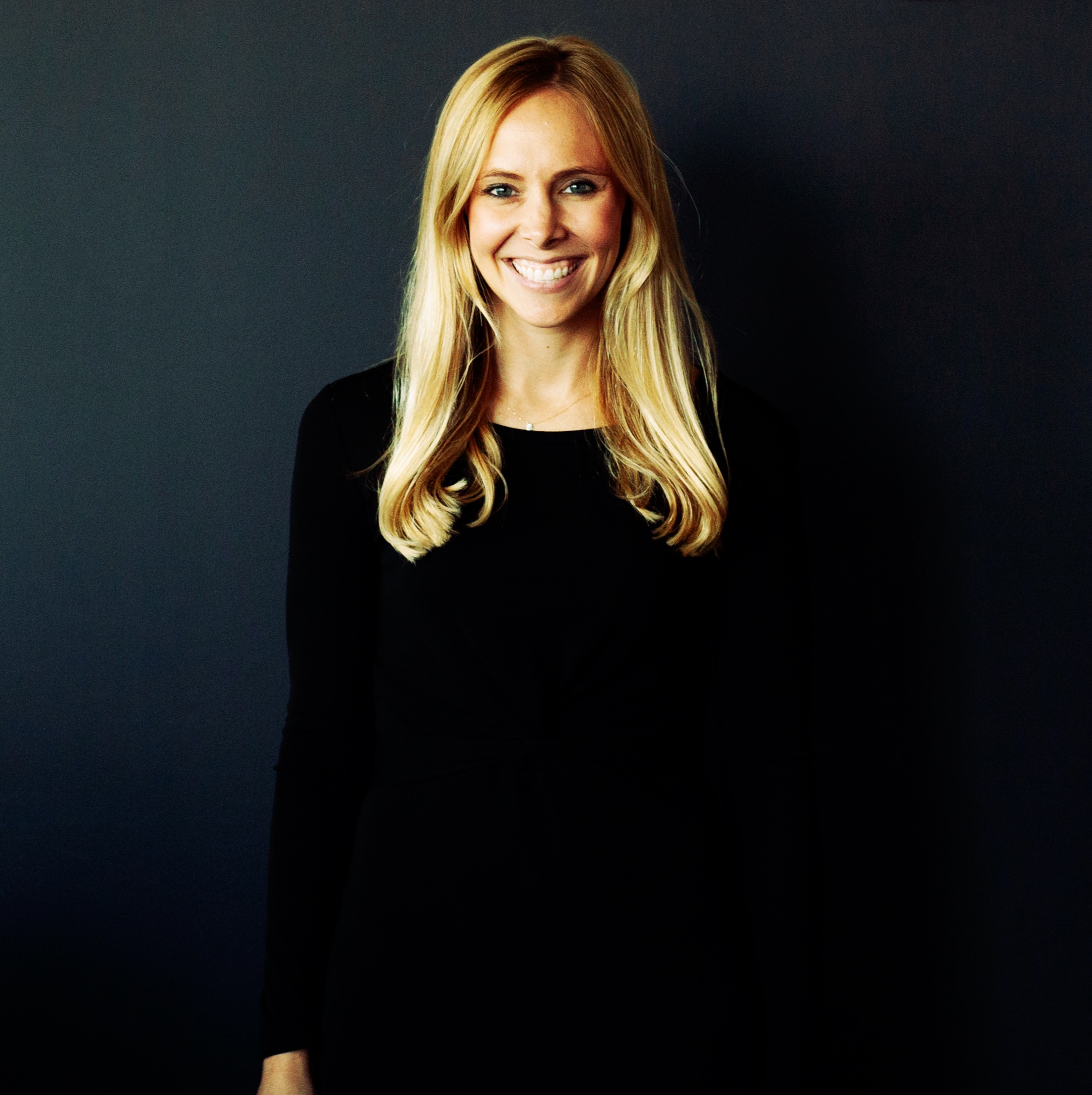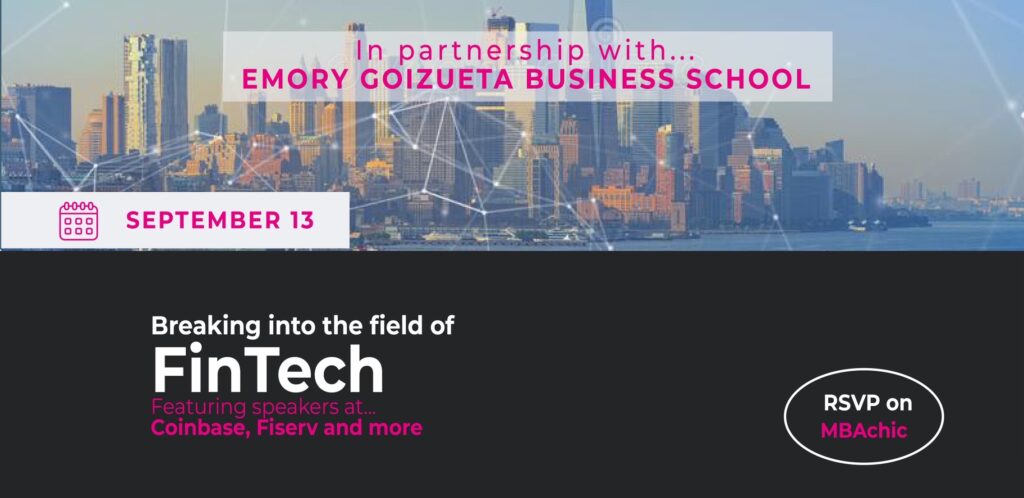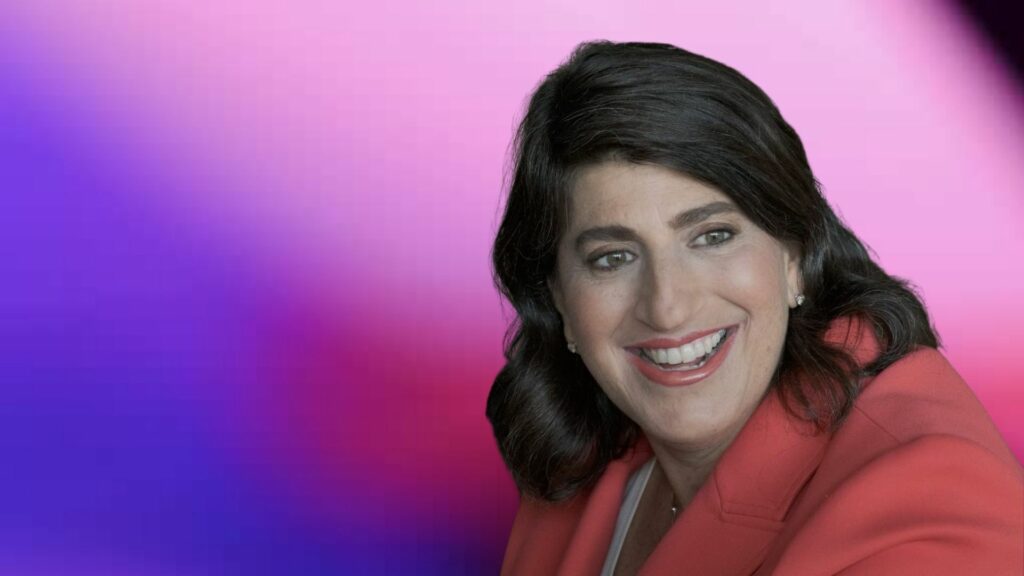Breaking into FinTech with Emory Goizueta: RECAP

What comes to mind when you think of Atlanta, Georgia? History, culture, maybe even Falcons football. Did you know that beyond these city staples, it’s quickly evolving into a growing fintech hub? Roughly 70% of all US debit, credit, and prepaid card transactions are processed in Atlanta, giving Hotlanta another nickname – Transaction Alley. Already a leader in payments ($8B), Atlanta is attracting fintech firms across the ecosystem, and Emory University’s Goizueta Business School is right there, making it a great place to consider if you’re looking to leverage your MBA.
This fall, MBAchic is proud to partner with Emory for a talk on breaking into fintech. Catch the whole talk here if you missed it. Recap below!
The conversation focused on the career journeys and advice from three fintech professionals who leveraged their MBA education to build the skills and relationships that helped them break into the field. Kelly Pettersen, who graduated from Esade in Spain and is in Institutional Sales, Trading & Prime for EMEA at Coinbase, Mari Kikaleishvili, a recent MBA graduate of Emory’s Goizueta Business School and Product Manager at Fiserv, and Avi Sinha, a recent Goizueta MBA graduate and Client Consulting Manager at Visa all shared their candid perspectives.
“This is an impressive panel of speakers that we have the opportunity to speak with,” says Jeneta Hot, founder of MBAchic. “We welcome our community of professionals, whether or not the MBA is on your radar.”
Below, MBAchic is highlighting some of the key conversation takeaways so our community can learn about how the innovative fintech field is becoming more accessible, creating financial parity for start ups, and acting as a launching pad for countless careers.
Resources to stay current on fintech news and trends:
- a16z podcast
- Stanford Entrepreneurial Thought Leaders podcast
- Pymnts.com
The valuable role an MBA plays in a fintech career:
“Your MBA journey is very personal to you. There’s several things you can get out of it,” says Sinha. “And all of that depends on you.”
“I learned a lot from my professor and my classes, but I learned so much from my peers…you’re equipped with this mindset of solving problems. You’re equipped with thinking about situations differently so you don’t get stuck, that’s the first thing. The second is you build this amazing network. I know people from all different kinds of backgrounds, and I don’t even look at them as my network or just as my colleagues, but I think most of them are my friends.”

Coinbase, ESADE EMBA

Fiserv, Emory Goizueta MBA

Visa, Emory Goizueta MBA
What fintech pros say the most challenging thing about the industry is:
“I tend to work with several larger corporations, there’s a lot of internal red tape,” says Sinha. “Everything is so siloed and you have to have the same conversation with 10 different people, and even then, at the end of the day, you [sometimes] feel like, I did not make any progress today, so, that can be very challenging.”
“But the trick is to have the right approach and know your audience and keep at it..approach a meeting or your fee level clients with the right accurate and insightful data set…you stay calm and you stay respectful, but you keep pushing your agenda and you’re always working on a timeline. It’s not like they don’t want their problem solved, it’s just that they’re not as fast paced or as integrated as some of the startups or the fintechs or the younger companies.”
“I’m working with some of the largest banks in the world to be able to think about how to bring crypto into their product offering, and I think that’s super cool,” says Pettersen.
“I think we’re seeing a big shift in the way that banks are starting to think about what digital assets mean.”
What fintech pros say is the most surprising aspect of their industry:
“If you work with fintech [companies], none of that [red tape] exists,” says Sinha.
“They really are on the ground wanting to solve problems…they really are fast paced, there’s no siloing there, they work with each other very well, so that is very refreshing to see. [You can] see this big contrast or dichotomy between the traditional and the fintechs.”
The surprising thing for me is the culture,” says Pettersen.
“I’ve worked on three different investment banks and corporate banks in New York and in London so I’ve been exposed to lots of different cultures. For me working in crypto as part of the fintech industry has been a breath of fresh air. People come from all different industries and they’re thinking in a much more collaborative way in the sense that they’re all sharing ways to build something, to trailblaze a new industry, to almost share IP within the company to be the best in the space, to move more quickly, to make change in the market. That’s super exhilarating whereas in banking, everything’s closed-door and you have to kind of be a certain way and you have to fit into the mold…I feel like I can almost bring my whole self to the office and that makes me feel really good.”
“What surprises me is…before Covid, at least 60% of B2B payments – for small businesses especially – were done by checks,” says Kikaleishvili.
“So that’s a huge opportunity for us to digitize that side of technology, build technology in that space, and help them to make [the] process much easier because otherwise small businesses need to go deposit checks and send the checks and create those checks, et cetera.”
Watch the Breaking into FinTech recap below

What fintech pros are excited about for the future of fintech:
“The fast paced and challenging nature of the industry is super cool,” Sinha says.
“You work in a highly innovative environment with many cutting edge technologies. If you take Covid, for example, I think [in] the payments industry in general there were leaps and bounds of progress that was made. Tap to pay or touchless payments, contactless, extending loans to small business owners, the value added services, so there’s something interesting always going on.”
“The thing that I love and I’m really excited about…is I actually work with a lot of smaller fintechs and startups in countries in Africa, in the Middle East and these companies are actually changing the way that they bring economic freedom to individuals,” says Pettersen.
“They set up educational financial firms that allow people to be able to get access to digital assets. They set up debit card companies and ATMs that people can actually take money in and out and they’re doing this with cryptocurrency.”
“In the context of small business banking, time is the biggest value for them…they don’t have resources to hire a lot of people so they are hiring technologies to manage daily business,” says Kikaleishvili.
“The most exciting part for me right now is seeing how banks are going to change mentality…how banks and digital banking solutions understand what the banking is and how they start building, integrating the value of the services so that we serve what small businesses need. How [are] we going to use data in order to service them and give them actionable insights? I really want to see those technologies and [that] feedback integrated into online banking solutions.”
Want to break into the fintech space? Here’s the advice fintech pros offer up to the next generation of industry professionals:
“I do not come from any tech background. I had no prior banking, finance, any kind of payments experience,” says Sinha. “So I definitely do believe in transferable skills…I think passion trumps everything. If you really show interest in that job or in that company, I would rather choose you over someone who knows a lot but is probably not super passionate or probably not super coachable. When you are interviewing, when you’re talking to someone during the coffee chat, it really comes across when you have done your research or when you’re really passionate about something. The questions that you ask, the way you ask your questions.”
“Knowing what you want, I think that’s the biggest and the most important step, probably even the hardest. But once you’ve figured that out, everything else will fall into place.”
“I don’t think you necessarily need to come from a finance or a banking background because in fintech you have not just the finance side, you have the tech, and there’s so many more opportunities within these organizations to bring in new ways of thinking,” says Pettersen.
“For example, at Coinbase where I work, we have a retail side of the business and we have an institutional side of the business. The retail side of the business is where we began and a lot of those people…are very passionate about crypto. They may have built products for other companies, they may have done marketing at other companies, they may have been in a completely different industry, and have just a passion and they have been able to find, you know, some of those synergies with their passion and be able to come in through a different route. So I think for me, it’s three things. It’s passion, it’s network, and then it’s finding the synergies where you can kind of really tell your story and bring your personal brand “sell” to the table to make [your desired career] a reality.”
“Patience and motivation are key,” says Kikaleishvili. “What I would suggest to anyone who wants to go into fintech, just chase the pain points, chase the items that annoy you right now, like for example, open your own online banking solution and check what are some of the problems that resonate with you?…At Pfizer that’s what we call building an empathy towards your user and product management, that’s the most important thing. If you have empathy towards your user and you have resilience and you have willpower to solve for them, then you find the teams, then you find the mentors, then you find people who will help you to build that career.”
“For product management too, especially if you’re an entry level product manager, you can cover one or two online courses that can teach you the framework, which is very important because then you have a common language to talk to your UX team or dev team or your peers…the rest you will learn on the job.”
Fintech is constantly improving daily operations for consumers and small business owners alike. Companies like Paytm, Shopify, and SquareSpace are just a few examples of organizations making real differences in real time.
As more women pursue their potential and make their way into the C-suite and into leadership positions, MBAchic continues to help make investing in education and careers more accessible.
“We look forward to partnering with Emory Goizueta on this and more initiatives over the year,” adds Hot.
MBAchic aims to educate, inspire, connect and enable a growing, global network of ambitious professionals, and partner with companies and institutions supporting, hiring, and developing them. Interested in partnering with our team? Click here to get in touch today.








